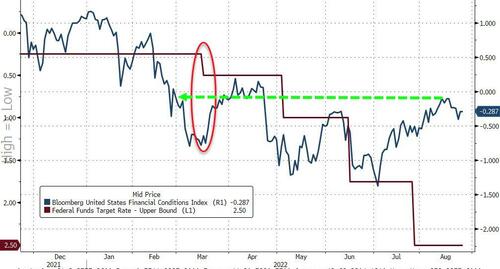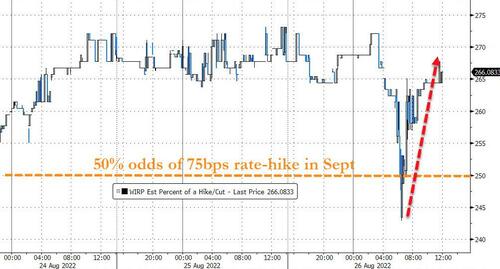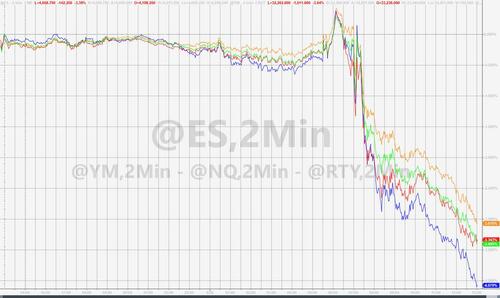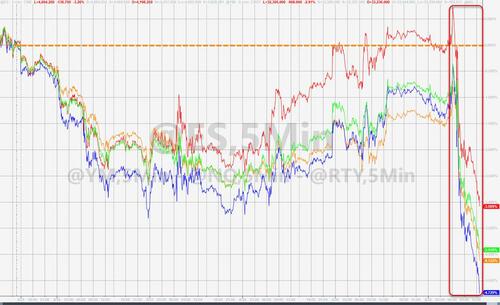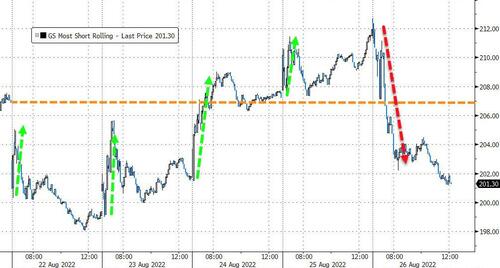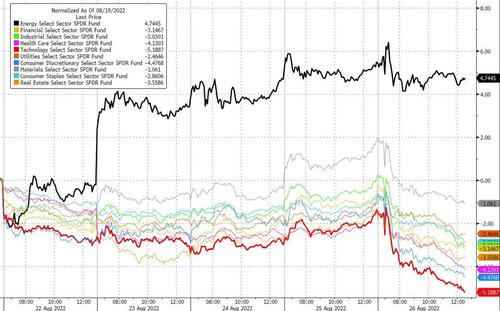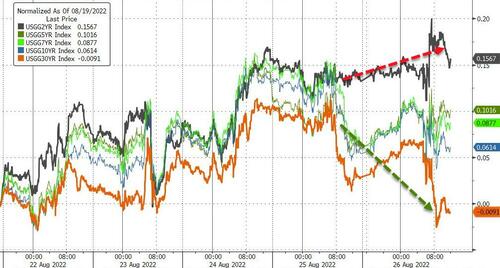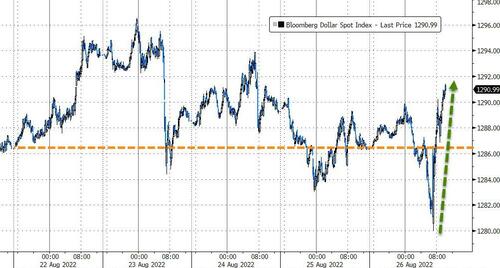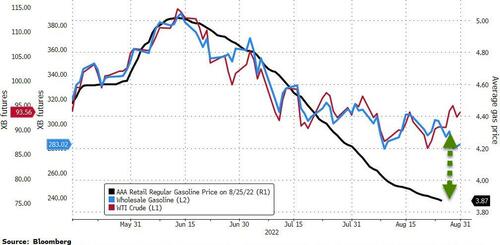Despite a number of state reforms over the past decade, nearly 50,000 people were held in solitary confinement in prison systems across the country last year, according to a report released Wednesday.
The report, “Time-In-Cell: A 2021 Snapshot of Restrictive Housing,” co-authored by the Correctional Leaders Association and the Arthur Liman Center for Public Interest Law at Yale Law School, estimates that as of July 2021, between 41,000 and 48,000 people were held in isolation in U.S. prison cells.
The report is part of a decadelong study on the number of prisoners held in solitary confinement, the most comprehensive attempt yet made to measure the use of solitary confinement in the U.S., which the authors define as isolation in a cell for 22 or more hours a day for 15 days or more. (In 2011, the United Nations Special Rapporteur on torture concluded that solitary confinement beyond 15 days constituted cruel and inhumane punishment.)
“The Liman report is the gold standard in tracking solitary confinement in US prisons,” says David Fathi, director of the American Civil Liberties Union’s National Prison Project. “Unfortunately, this time around 15 states refused to participate, including some of the most notorious users of long-term solitary confinement.”
The reports show a gradual downward trend in the use of solitary confinement. The authors say three states reported holding no one in isolation in July, and two other states reported fewer than 10 people in solitary.
Prior to COVID-19, the daily number sat around 60,000 people, according to 2018 estimates. However, during the pandemic, the number of inmates held in solitary confinement spiked to 300,000, according to a report released by Unlock the Box, a coalition of civil rights groups that oppose solitary confinement.
In 2016, there were at least 67,000 inmates in solitary confinement, according to the survey, and in 2014, there were 80,000 to 100,000. Those numbers are all self-reported by jails and prisons.
Part of the decline is due to state reforms, and part is due to the overall decline in prison populations. Wednesday’s report notes that “between 2018 and 2020, when the last report was published, legislators in more than twenty-five states introduced bills to limit the use of restrictive housing, and some fifteen enacted legislation.”
Advocacy groups put pressure on state prison systems to limit the use of solitary confinement, citing evidence that locking human beings in tiny boxes alone for years at a time has profound negative psychological effects, especially on those already suffering or at risk of mental illness.
Such observations are not new. After visiting Pennsylvania’s Eastern State Penitentiary in 1842, Charles Dickens wrote that the “immense amount of torture and agony” inflicted by solitary confinement was largely hidden from public view, and he denounced the practice as “a secret punishment which slumbering humanity is not roused up to stay.”
Wednesday’s report says that prison systems reported a total of 1,138 seriously mentally ill people in restrictive housing.
Advocacy groups also drew attention to the plight of people who had been held in solitary confinement for years, sometimes decades. One of the most notable cases was Albert Woodfox, who spent 43 years in solitary confinement, possibly the longest stint in U.S. history, in Louisiana’s notorious Angola Prison. Woodfox was freed in 2016 and died earlier this month
According to Wednesday’s report, 6,040 individuals were in solitary confinement for a year or more, and 924 had been in restrictive housing for more than a decade.
“While the apparent decline in solitary confinement is welcome news, the fact remains that the number of people in solitary should be zero,” Fathi says. “Decades of evidence shows the irreversible physical and psychological harm long-term solitary confinement causes. There is no defensible reason for prisons and other detention facilities to keep using long term solitary confinement, which is recognized as a form of torture.”
The post Nearly 50,000 People Were Held in Solitary Confinement in the U.S. Last Year, Study Finds appeared first on Reason.com.
from Latest https://ift.tt/6ZmUlE2
via IFTTT

